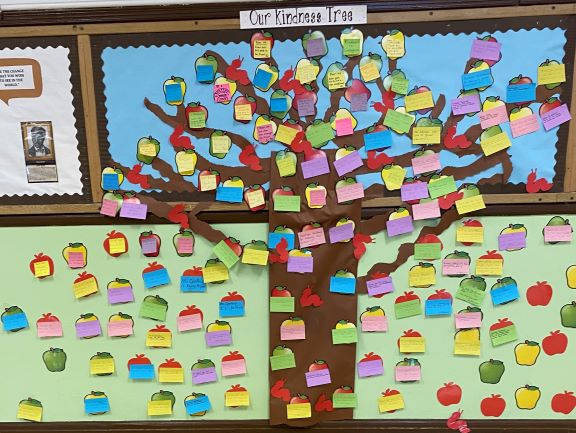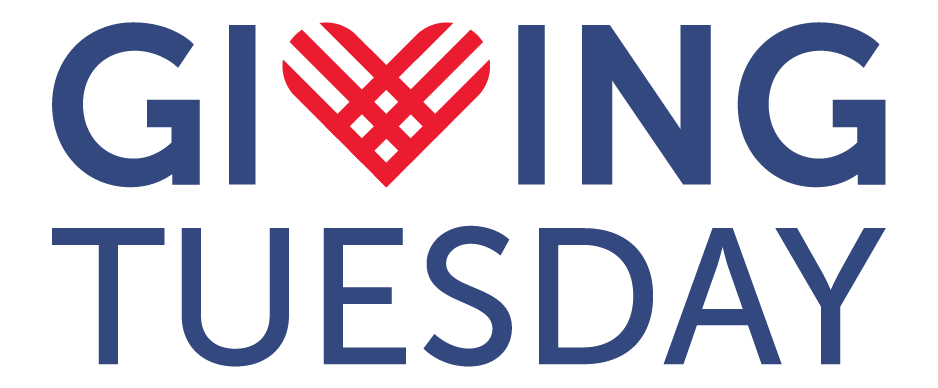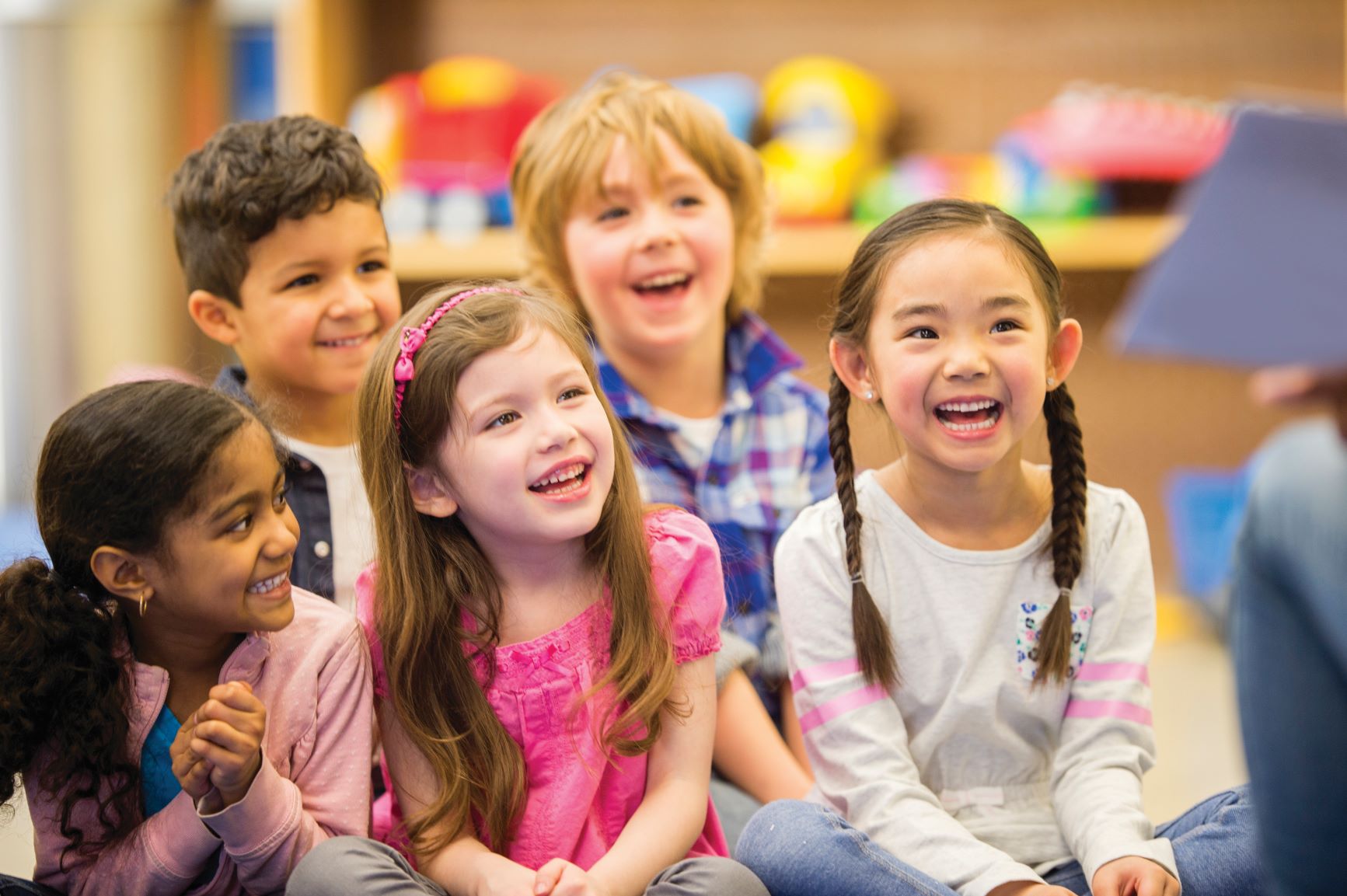It’s one thing to talk about kindness and the need to treat others with dignity and respect, but it’s another thing to practice kindness in our daily lives. It’s clear that the lessons and activities in Teach Kindness have resonated with students and staff based on what I see unfold at our school every day.
Just recently, I witnessed firsthand one of the most unbelievable acts of kindness, shown by three young students in the 4th grade. One young girl had an accident, and her three friends immediately came to the office to let us know so we could get her fresh clothes. These girls were so sweet and kind. They took the clothes back to their friend and waited as she changed and then went and got her lunch.
Any time we catch students being kind, we celebrate their powerful act by acknowledging it on our kindness tree. I wrote on there, “Thank you for being a very kind friend.”
Pearlena Mitchell, Fiske’s parent worker, told me that we often catch students doing the wrong thing. If we catch them doing the right thing, we say, “We caught you being kind,” so that the students understand what kindness is and they can continue to demonstrate that throughout their day.
Making kindness a part of our everyday routine at school has changed students’ behavior, but it’s also spread to educators and other staff members.
Kelli Charles, head teacher of the Child Parent Center, and other educators were recently talking about plans to thank the school’s unsung heroes. They’re planning a surprise party for Fiske’s maintenance and cafeteria workers to show how much they appreciate all their hard work.
If you’re an educator, I encourage you to partner with Stand for Children and check out Teach Kindness. You’ll see how it can benefit your school. By getting everyone involved — from students to parents to the entire school staff — you can make kindness a core part of your school’s culture, too.















